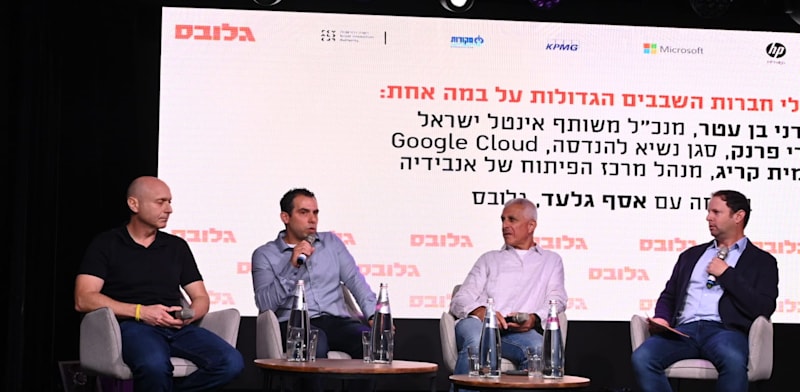Sources inform “Globes” that Prof. Yossi Matias, who for the past eighteen years has headed Google’s research and development center in Israel, is expected to move to Silicon Valley to run Google Research, the company’s global research activity.
Matias, a senior researcher in AI at Tel Aviv University, joined Google in 2006 as head of the Tel Aviv development center, at the same time as the activity of Google’s Haifa development center was managed by Dr. Yoelle Maarek, who was in charge of the development of Google Suggest. In 2008, Maarek left to manage Yahoo’s development center and the following year the Haifa and Tel Aviv development centers merged with Matias in charge of all of Google’s development in Israel.
RELATED ARTICLES

Uri Frank: Google has been in AI for many years
Google’s Israeli cloud chips reach critical stage – report
Altogether, Google employs about 2,000 people in R&D in Israel, dealing with cloud computing, artificial intelligence and machine learning, and chips.
Since 2014, Matias has been Vice President, Engineering & Research at Google. He will now move to company headquarters in Mountain View, California, where research takes place on machine learning, quantum computing, and applied science. This activity is currently headed by Google’s Senior Vice President of Technology and Society James Manyika, to whom Matias will report.
In an email to employees on restructuring of Google’s research activity today, CEO Sundar Pichai writes: “Last year we created Google DeepMind, bringing together the Google Brain team, DeepMind, and other researchers specifically focused on creating increasingly capable and general AI systems.
“The progress in just one year has been incredible: Gemini models are seen as leaders and keep getting better. And our successive breakthroughs have put us on a path to deliver the world’s most advanced, safe, and responsible AI.
“Now, to accelerate this progress, we’re going to consolidate the teams that focus on building models across Research and Google DeepMind. All of this work will now sit in Google DeepMind and scale our capacity to deliver capable AI for our users, partners and customers. This will simplify development by concentrating compute-intensive model building in one place and establishing single access points for PAs looking to take these models and build generative AI applications.
“This change also gives Google Research a clear and distinct mandate to continue investing in foundational and applied computer science research in three key areas that tie directly to Google’s mission: computing systems (including quantum), foundational ML and algorithms, and applied science and society.”
Published by Globes, Israel business news – en.globes.co.il – on April 18, 2024.
© Copyright of Globes Publisher Itonut (1983) Ltd., 2024.
